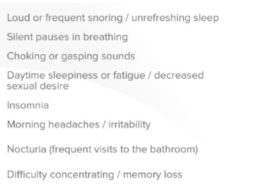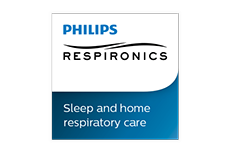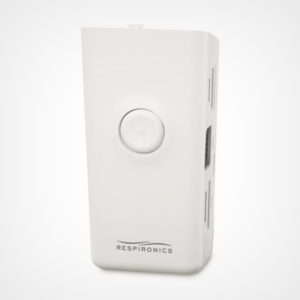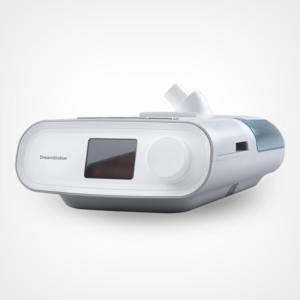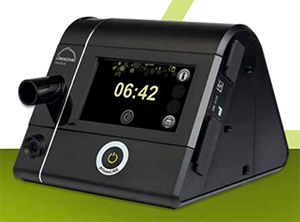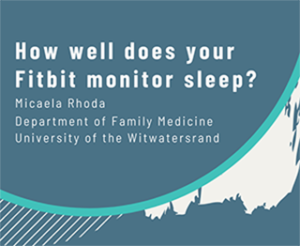
We specialise in helping patients diagnose and overcome their sleep and respiratory disorders, in their own home.
Obstructive sleep apnea (OSA) is a fairly common disorder that occurs when the factors that cause snoring get more severe. If you snore, it is an indication that there is a partial obstruction of the air entering your throat. This leads to turbulent airflow and the vibration of soft tissues in the throat, which makes the snoring noise.
If the obstruction gets too severe, a total collapse of the throat may occur – stopping the breathing. This is called an apnea. Fortunately, once an apnea occurs, the brain is driven back into action to get you breathing again. Apneas can be repeated over and over during the night.
What causes snoring and obstructive sleep apnea?
There are four main causes of the obstruction to airflow:
- Nasal obstruction. As breathing during sleep occurs through the nose, any obstruction in the nose can cause snoring. This obstruction may be a deviated septum, polyps, large adenoids or long-term inflammation. If you feel that you battle to breathe easily through your nose this may be part of the reason why you snore.
- Palatal obstruction. The palate hangs down the back of the throat and represents the narrowest part of the airway. If you have a short palate, this may not be a problem, but if you have a long palate it may get in the way of airflow.
- The tongue. Your tongue is attached to the lower jaw and when you lie on your back the jaw and tongue may fall back, causing you to snore.
- Weight gain. Any weight gain increases the risk of sleep apnea, particularly in men. When men gain weight, there is often weight deposition around the neck and chest which causes the airway to be narrowed.
How do I know if I have obstructive sleep apnea?
If you are concerned that you may be suffering from sleep apnea, complete this STOP BANG questionnaire. If you are a woman scoring 4/7 or a man scoring 5/8, you are at high risk of having sleep apnea.
If you have a high score, please take the results of the STOP BANG questionnaire to your doctor and ask them to arrange a sleep test with a sleep specialist, to determine how severe the apnea is.
Why is it important to diagnose and treat obstructive sleep apnea?
There are obvious immediate symptoms of apnea, such as not feeling rested during the day due to waking so much at night. Some patients also complain of gastric reflux at night and headaches on waking.
Doctors are more concerned about the long-term consequences: damage to your heart and increased risk of diabetes. We now know that untreated sleep apnea significantly increases your risk of high blood pressure, heart attacks, strokes and an irregular heartbeat. The symptoms of sleep apnea, including fatigue, often make it harder to lose weight, making diabetes more likely.
How does the obstructive sleep apnea testing process work?
Ask your doctor to contact a sleep specialist in order to request an overnight sleep test. They will get approval from your medical aid, or arrange payment options. The testing equipment will be delivered to you, or you can pick it up from us or your doctor. The equipment will have been loaded with your details, and is easy to use. The test takes one night. After the test has been completed, simply return the equipment to your sleep specialist and they will get the results back to your referring doctor within 48 hours.
Dr Alison Bentley on (064) 1661710 uses both Itamar and Philips-Respironics sleep testing equipment and can be contacted on alison.bentley@drbentleyinc.com
Would you like more information on Obstructive Sleep Apnea? Please fill in the form below and we’ll send you more information:


